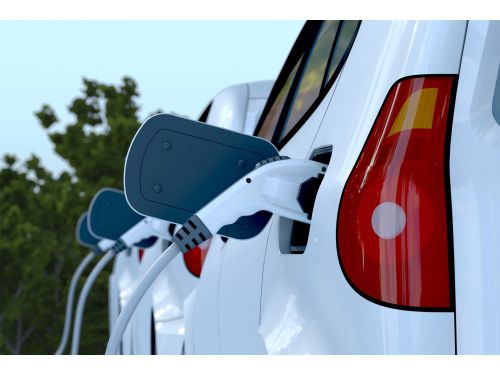Many people might be put off buying an electric car because of the charging aspect. Charging a vehicle is very different to filling it up with petrol or diesel. How long does it take to charge an electric car and how long will the car last once it’s actually charged?
The amount of time that it takes to charge an electric car depends on the size of the battery and how much power the charger can delivery. It could take anywhere between 30 minutes to 12 hours to charge your vehicle, but most electric cars will be fully charged in around eight hours.
According to EV Connexions, a 3.7kW charger provides about 15 miles per hour of charge. A 7kW charger provides about 30 miles per hour. Most vehicles are capable of driving 100 miles before they need charging. For example, with a 3.7kW charger, it would take around seven to eight hours to charge.
The bigger your vehicle’s battery, the longer it will take to charge, so do take this into account.
How do you charge an electric car?
An electric car can be charged by simply plugging it into a power outlet. These outlets can now be found in most car parks and service stations and can be installed at your home too.
When you’re on a long drive, you can stop at a motorway service station to charge your vehicle. They will usually provide charging points with more power so that you can charge your vehicle much faster. However, it’s worth noting that, if your vehicle has a maximum charge rate of 7kW, a 22kW power station won’t charge your car any faster.
The most efficient way to charge your electric car is in small bursts throughout the day and then give it a full charge at home overnight.Image alt text: electric cars parked in a row charging at a power station

Can you charge an electric car at home?
You should have a charging point installed at home so that you can charge your vehicle every night. It could cost around £1,000 to have one put in, depending on the power of the charger and how easy or difficult it is for the manufacturers to install. For example, it might be more difficult to put a charging point on a driveway than it is in a garage that already has access to electricity.
“Having a charging point installed was easy and hassle free and done in an afternoon. Now I don’t have to worry about heading to the petrol station in the morning as I effectually have one in my drive.” James Welch – Tesla Owner – Embryo Digital
How much is it to charge an electric car?
You can work out how much it costs to charge your electric car by doing a few simple calculations. Firstly, you need to work out the kilowatt-hours of the charging point and then multiply this by the cost of electricity.
You may have seen the unit kilowatt-hours, or kWh. Measurements using this unit can usually be found on your electricity bill and is used by the provider to calculate how much you owe. One kWh is equal to 1,000 watts of electricity that is used in one hour.
To calculate how much it costs to charge your electric car per day, you need to find out the power of your charger. Most home chargers are 3.7kW, but do check to make sure. You’ll need to convert the power in kW to watts, so multiple the kW power by 1,000. In our example, 3.7 multiplied by 1,000 is 3,700 watts.
Then, you need to think about how long you’ll be charging your car for. The average electric vehicle will need charging for around eight hours, so multiply 3,700 watts by eight hours to work out the kWh. This equals 29,600. This should be divided by 1,000 to convert it back to kW from watts, which is 29.6kWh.
Now that you’ve worked out the amount of kWhs it takes to charge your electric car, you can work out the cost. Simply multiply the kWhs by the cost of electricity. The average cost of electricity at the moment is 0.13p per kWh, therefore, in our example, multiple 29.6kWh by 0.13p. This equals £3.80 per day.
Every month, it would cost around £114 to charge your electric vehicle. Any electricity that your vehicle generates can be sold back to the National Grid in exchange for a small amount of money, and you may be able to get a grant from the government for running a zero-emissions vehicle. Both of these things could save you money.
